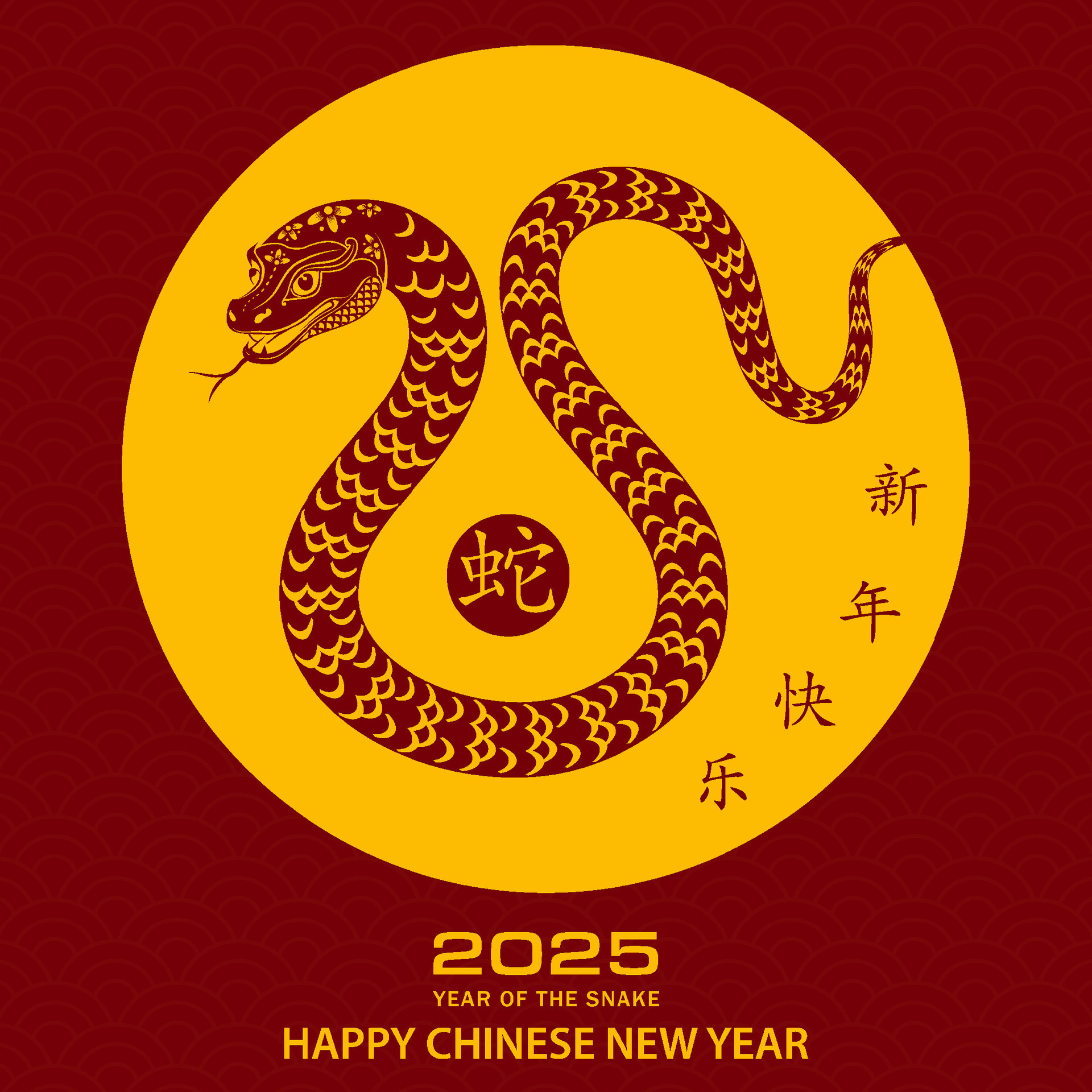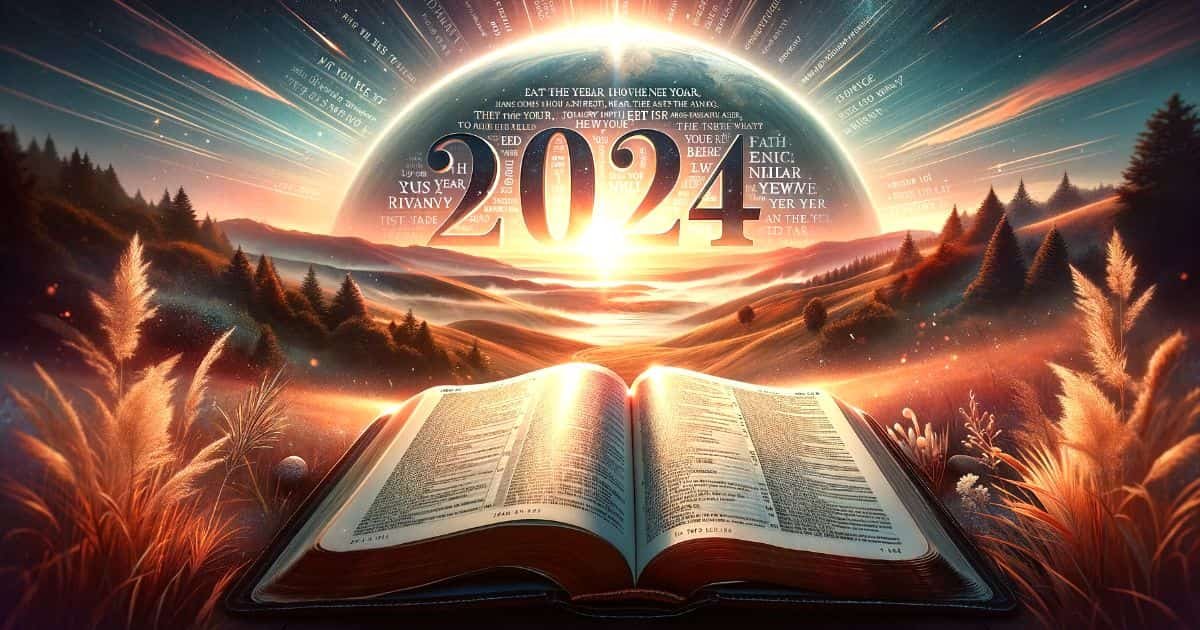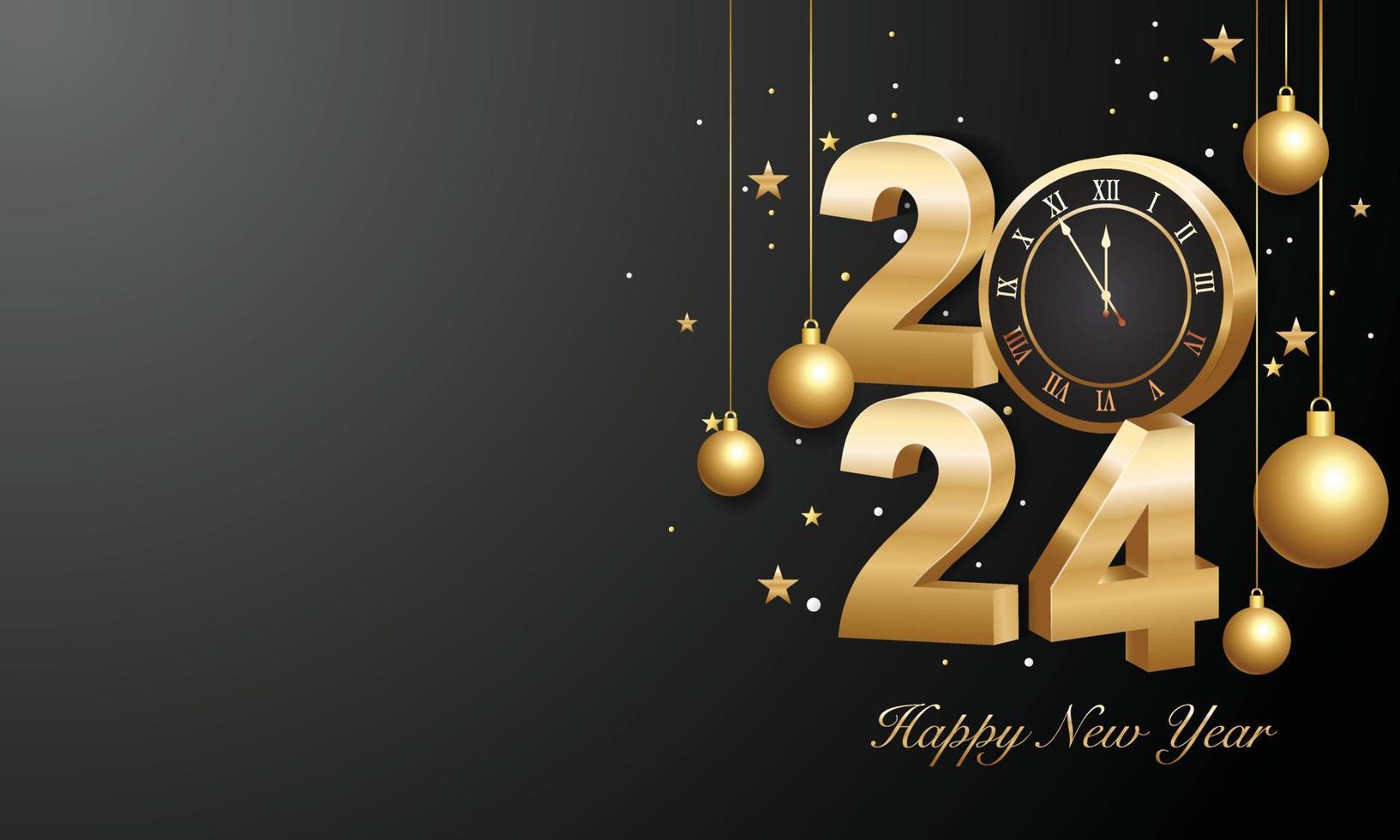Gallery
Photos from events, contest for the best costume, videos from master classes.
 |  |
 |  |
 |  |
 |  |
 |  |
 |  |
While the New Year is generally centered around the general theme of family bonding, religious observances are also an integral part of the festivities. These include domestically oriented rituals associated with popular Chinese deities, such as the Kitchen God and the God of Wealth. Take a look at eight Chinese New Year traditions with ties to folk religion. 1. Animals of the Chinese Zodiac. In China, it’s not necessarily an insult to call someone a pig, a rat, or even a dog. Animals represent each year of a twelve-year cycle and include the rat, ox, tiger, rabbit, dragon, snake, horse, goat, monkey, rooster, dog, and pig. For many Buddhist, Confucian, and Taoist practitioners ringing in the new year, their religious traditions play an integral role in celebrating the holiday’s happiness. The Chinese New Being Chinese Christians, we should celebrate Chinese New Year to maintain our ethnic identity and heritage. But as Christians, our real identity is found in our relationship with God, our Creator and Maker. Chinese New Year’s Eve and Chinese New Year’s Day are celebrated as a family affair, a time of reunion and thanksgiving. The celebration was traditionally highlighted with a religious ceremony given in honour of Heaven and Earth, the gods of the household and the family ancestors. Chinese New Year, also known as Lunar New Year or Spring Festival, is one of the most significant celebrations in Chinese culture. It marks the beginning of the lunar calendar and is a time for family reunions, feasting, and honoring traditions. As celebrated in China and in many other places where its known as the Lunar New Year, it is largely a secular holiday, yet it includes rituals and traditions that derive from Confucianism, Buddhism and Taoism, as well as from ancient myths and folk religions. Common Chinese New Year well-wishes such as “Gong Hei Fatt Choy” simply mean “Good fortune to you” and do not have a religious connotation. However, Chinese Malaysians who practice different religions often incorporate their beliefs on top of traditional Chinese New Year customs. Wong adds that many Chinese traditions around the new year, like cleaning or eating sweets, are all about setting the mood for the year ahead. "A lot of it feels about intent. [Eating] sweet For Chinese people, Lunar New Year is the Spring Festival, and it’s celebrated widely in Taiwan and across Southeast Asia in countries with large Chinese populations, such as Singapore and Malaysia. It seems that Christian platforms release posts and articles concerning if Christians can celebrate XX festival upon the arrival of a certain Chinese traditional holiday. Now the Chinese New Year, or the Spring Festival, is around the corner. NEW YORK (AP) — The Chinese New Year holiday period, being disrupted this year by the outbreak of a viral illness, has evolved over more than 3,000 years to become the most important of China’s traditional festivals. Since the mid-1990s people in China have been given seven consecutive days off work during the Chinese New Year. This week of relaxation has been designated Spring Festival, a term that is sometimes used to refer to the Chinese New Year in general. The origins of the Chinese New Year are steeped in legend. One legend is that thousands of years Singaporeans celebrate Chinese New Year (Lunar New Year) on Wednesday and Thursday (January 29-30) but a long weekend mood for holidays has set in across the multi-racial society. In his traditional annual message, Wong noted the world is becoming “more dangerous”, pointing to terrorist groups using the conflict in West Asia to further The lunisolar Chinese calendar determines the date of Lunar New Year. The calendar is also used in countries that have been influenced by, or have relations with, China – such as Korea, Japan, and Vietnam, though occasionally the date celebrated may differ by one day or even one moon cycle due to using a meridian based on a different capital city in a different time zone or different Layue (simplified Chinese: 腊月; traditional Chinese: 臘月; pinyin: Làyuè) is a term often associated with Chinese New Year as it refers to the sacrifices held in honour of the gods in the twelfth lunisolar month, hence the cured meats of Chinese New Year are known as larou (simplified Chinese: 腊肉; traditional Chinese: 臘肉; pinyin The Lunar New Year celebrations that start on Feb. 1 will go on for a week. It is the year of the tiger, considered in Chinese culture as the foremost among all beasts. This video from Religion & Ethics NewsWeekly shows a Buddhist family in the US observing the rituals of Chinese New Year. The Chinese tradition of celebrating the New Year began more than 4,000 years ago, and has evolved into a holiday that includes a combination of rituals from Buddhism, Daoism and Confucianism. The second day of the Chinese New Year is the day of cemetery visiting, and the main members of the whole family will go to the graveyard of their dead ancestors to burn "hell money" for them. It was just less than three years since his died, so it was even more solemn to go to the grave every year. Chinese New Year (also called Lunar New Year, celebrated this year on February 5) is the largest holiday for many Asian peoples in terms of scale, importance, and family traditions. The name “Chinese New Year” can be misleading, as multiple Asian countries, such as China, Taiwan, Korea, Vietnam, Laos, Singapore and others, celebrate this
Articles and news, personal stories, interviews with experts.
Photos from events, contest for the best costume, videos from master classes.
 |  |
 |  |
 |  |
 |  |
 |  |
 |  |